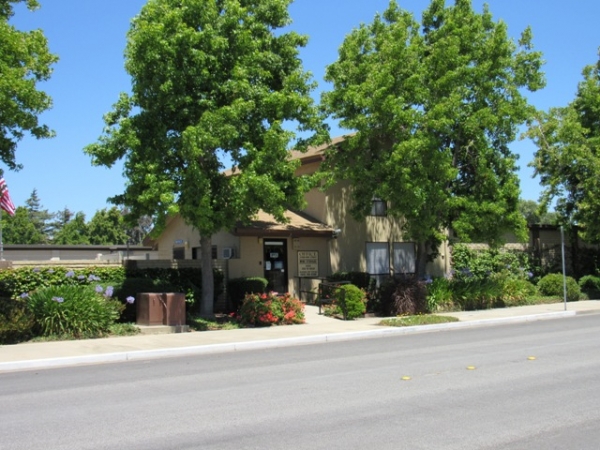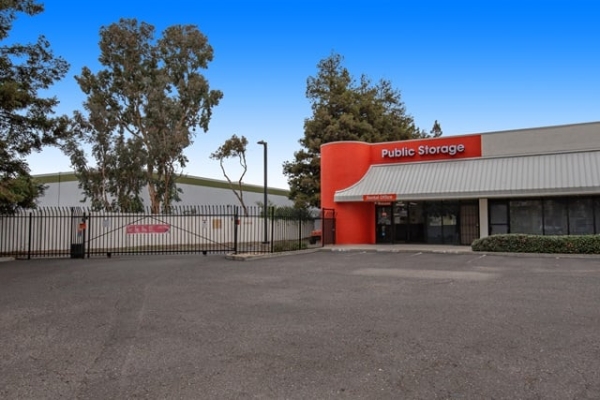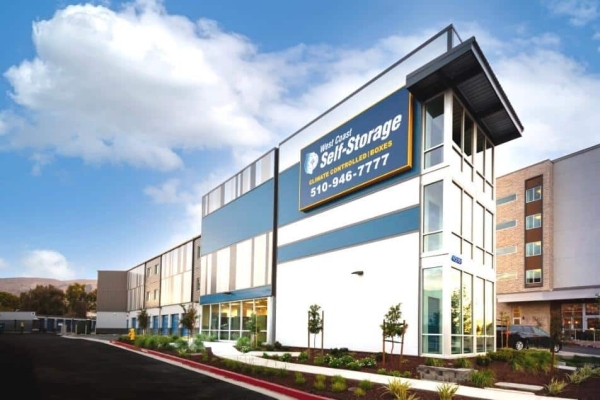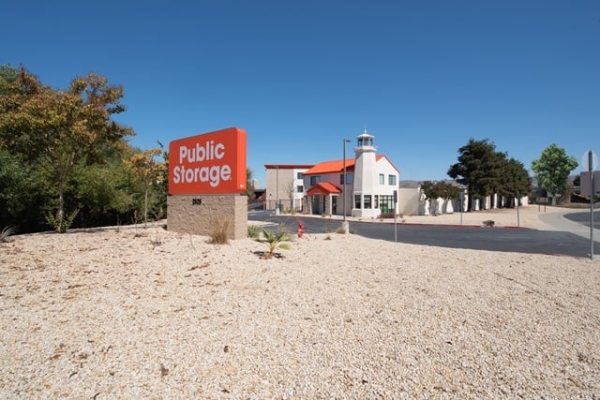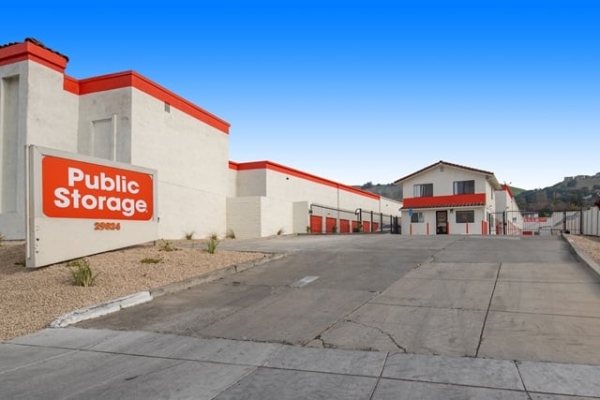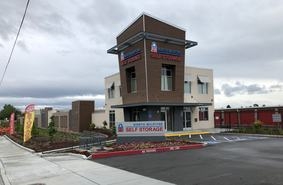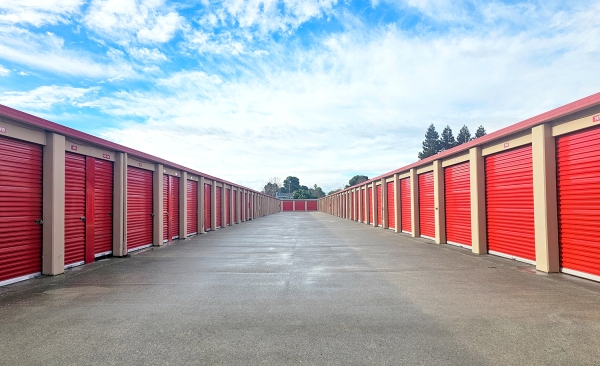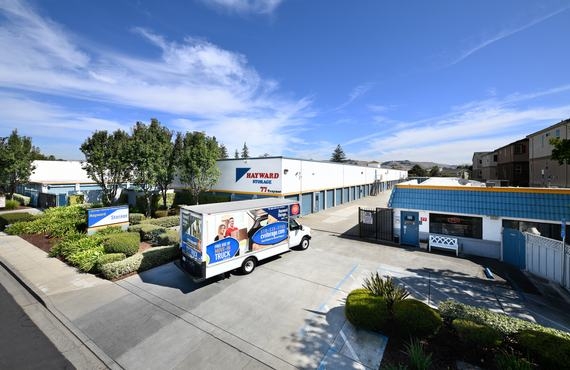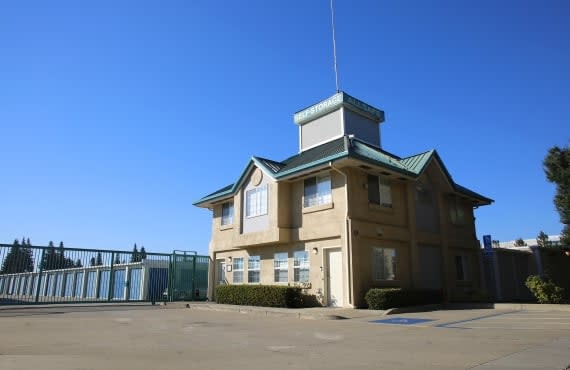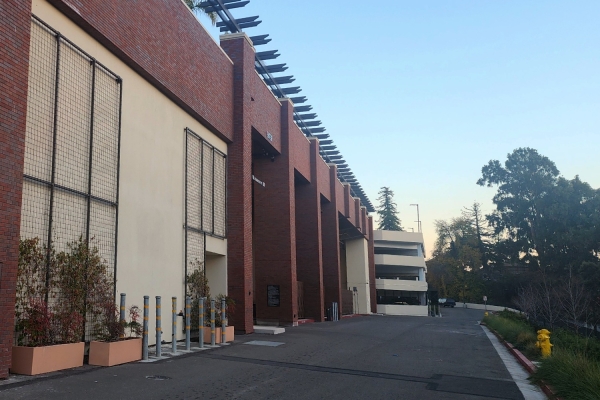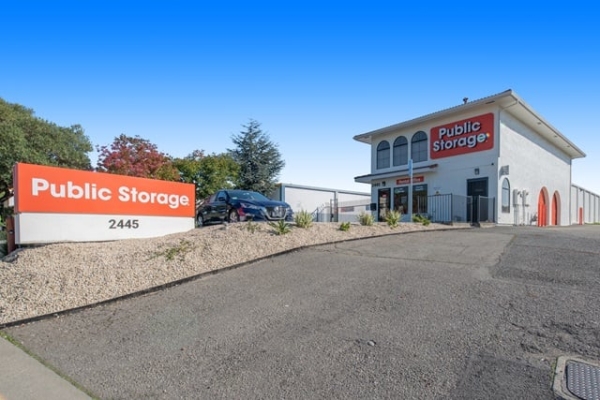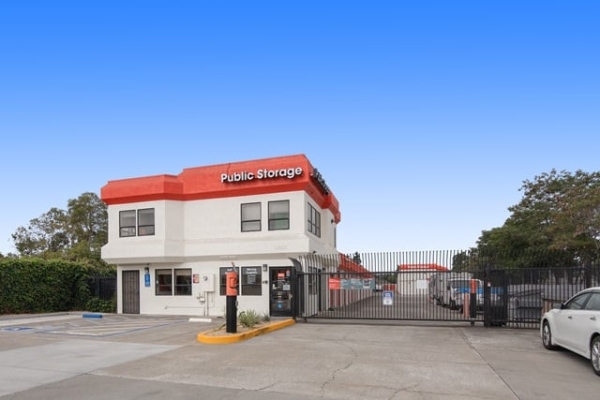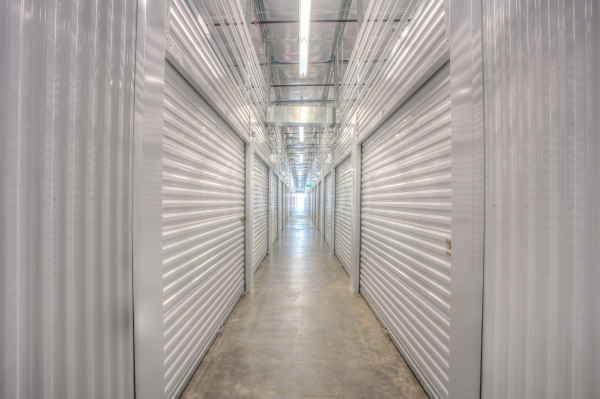Fremont’s tech-driven economy and Bay Area location mean storage decisions often revolve around protecting valuable electronics and accommodating frequent relocations. With mild winters averaging 50°F and dry summers reaching 80°F, you’ll want to focus on climate control and security features that match the area’s high property values.
Average Storage Unit Prices in Fremont, CA
Here’s what you can expect to pay for Fremont storage units:
| 5’x5′ | $61 |
| 10’x10′ | $169 |
| 10’x15′ | $218 |
| 10’x20′ | $298 |
What to Look for in a Fremont Storage Unit
- Temperature Stability: Bay Area microclimates can create unexpected humidity pockets. Climate-controlled units protect tech equipment, documents, and furniture from moisture damage during foggy periods.
- Enhanced Security Systems: With property crime rates reflecting urban density, prioritize facilities offering keypad entry, individual unit alarms, and 24/7 surveillance—especially for high-value electronics or business equipment.
- Highway Accessibility: Traffic congestion near I-880 and I-680 can complicate storage visits. Choose facilities with multiple access routes and extended hours to avoid peak commute times.
- Tech-Friendly Features: Look for facilities offering online account management, mobile app access, and digital payment options that align with Silicon Valley’s tech-forward lifestyle.
Frequently Asked Questions
Are there storage facilities near Tesla or other tech companies?
Yes. Several facilities along Auto Mall Parkway and Fremont Boulevard cater to tech workers with flexible lease terms and business-friendly hours.
Can I store computer equipment safely in Fremont?
Yes. Climate-controlled units maintain stable temperatures and humidity levels essential for protecting servers, monitors, and sensitive electronics from Bay Area weather variations.
Do facilities offer package receiving for busy professionals?
Some premium locations provide package acceptance services, ideal for tech workers with demanding schedules who need secure delivery options.
Is earthquake protection a consideration for storage?
While rare, seismic activity can affect the Bay Area. Ask about building construction standards and whether facilities use earthquake-resistant shelving or anchoring systems.
Are there units suitable for startup inventory storage?
Yes. Many facilities offer business-friendly features like loading docks, oversized units, and commercial access hours perfect for e-commerce or tech startup inventory needs.

